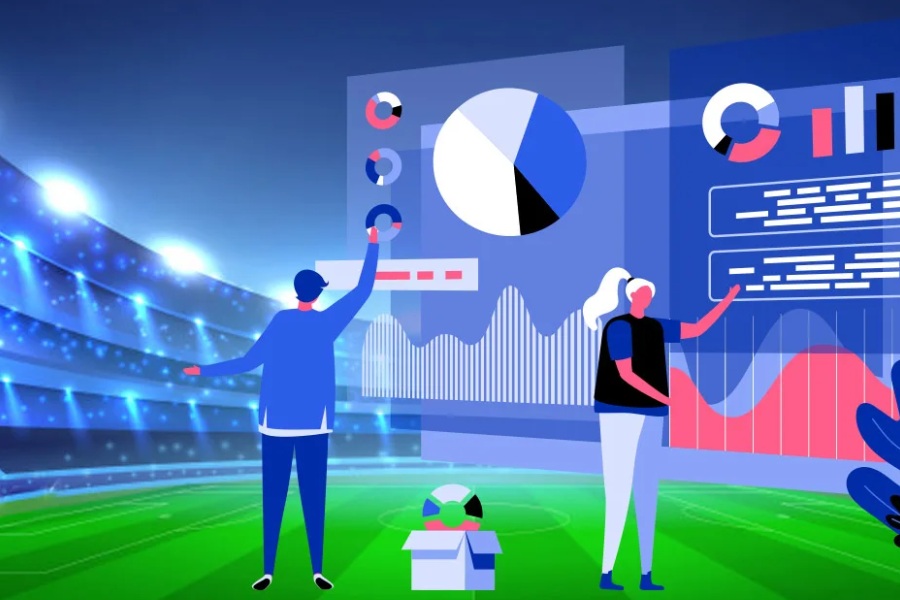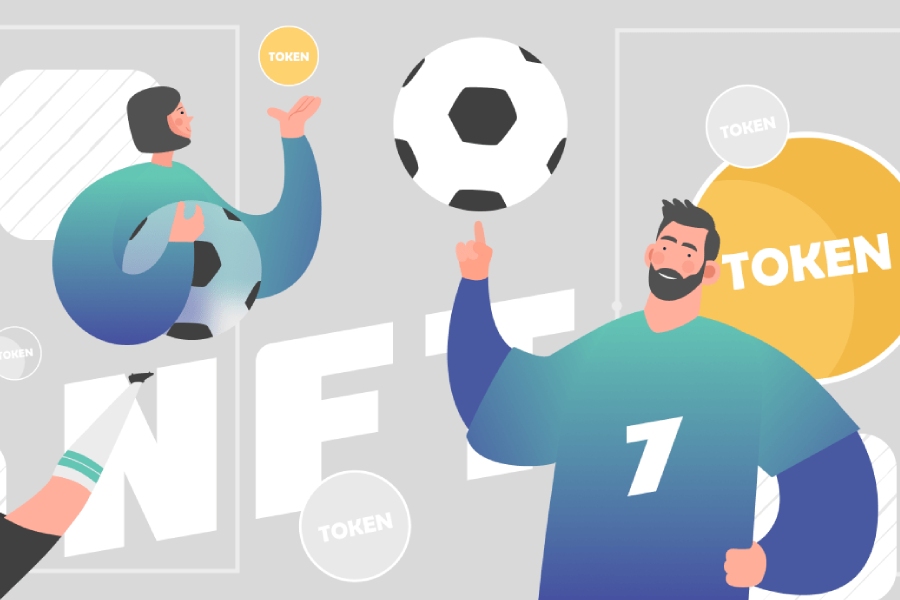The field of sports analytics has been transformed by the advent of machine learning and predictive analytics. These technologies are not only enhancing how teams and coaches make decisions but are also revolutionizing the realms of sports betting and fan engagement. By accurately predicting player performance, game outcomes, and even potential injuries, predictive analytics are reshaping the landscape of sports.
The Role of Predictive Analytics in Sports
Predictive analytics refers to the use of data, statistical algorithms, and machine learning techniques to identify the likelihood of future outcomes based on historical data. In sports, this means analyzing vast amounts of data gathered from game statistics, player performance metrics, physical biometrics, and even weather reports to forecast future events.
Enhancing Player Performance and Coaching Strategies
Coaches and sports scientists are using predictive models to optimize player performance and develop strategic game plans. For instance, data analytics can determine the optimal time to rest a player or suggest strategic changes based on opponents’ weaknesses identified through historical data analysis. This tailored approach helps in maximizing player efficiency and team performance.
Machine learning models can also simulate different game scenarios to predict their outcomes. These simulations allow coaches to experiment with strategies before actual games, giving them a significant strategic advantage.
Predicting Game Outcomes
Predictive analytics are increasingly used by sports analysts and fans to predict the outcome of games. By analyzing team performance data over seasons, player fitness and activity levels, and even tactical alignments, algorithms can provide predictions with a surprising degree of accuracy. This aspect of predictive analytics is particularly popular in the realm of fantasy sports and betting, where accurate predictions can lead to significant financial gains.
Injury Prediction and Prevention
One of the most beneficial applications of predictive analytics in sports is the ability to predict and prevent player injuries. By analyzing data on player movements, play styles, and past injuries, predictive models can identify high-risk situations or stress patterns that might lead to injuries. This enables timely interventions, such as altering the player’s training regimen or suggesting preventative treatments, thereby reducing the risk of serious injuries and prolonging athletes’ careers.
Revolutionizing Sports Betting and Fan Engagement
Predictive analytics have also transformed sports betting, a sector where the accuracy of predictions directly correlates with financial outcomes. Bettors and sportsbooks now use sophisticated models to forecast game results, player performances, and even minute details like scoring patterns or defensive behaviors. This level of detail enhances the betting experience and can increase the engagement and retention of bettors.
For fans, predictive analytics enrich the viewing experience. Real-time predictions and analytics during live broadcasts can offer deeper insights into the game, enhancing understanding and enjoyment. Sports apps and websites also use these tools to provide fans with detailed pre-game analyses, improving engagement and discussion among fans.
Challenges and Ethical Considerations
Despite its advantages, the use of predictive analytics in sports is not without challenges. Concerns about the accuracy of predictions, privacy issues related to collecting extensive athlete data, and the potential for misuse in betting scenarios are prevalent. Furthermore, there are ethical considerations, such as the impact of predictive injuries on players’ careers and the fairness in sports competitions influenced by advanced analytics.
Conclusion
Predictive analytics are undeniably shaping the future of sports. From optimizing player performances and strategic planning to enhancing fan experiences and sports betting, the capabilities of these advanced analytical tools are vast. As technology continues to evolve, so too will the ways in which sports organizations, fans, and bettors engage with the data-driven insights that predictive analytics provide. This evolution promises not only to foster a deeper appreciation and understanding of sports but also to ensure a more strategic and scientifically supported approach to athletic competition and management.







